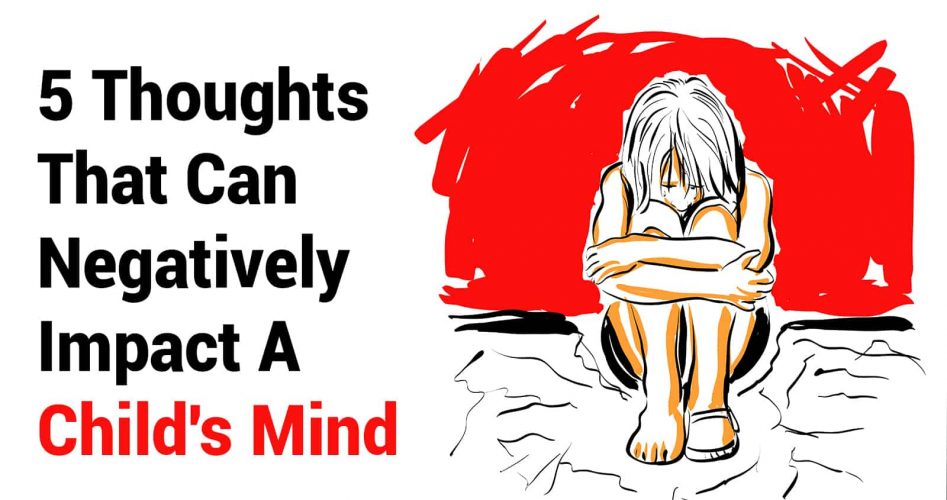There is power in using positive thoughts throughout the day. Research has proven that there are both mental and physical benefits of an optimistic mindset. People who tend to keep on the sunny side have better self-esteem, more confidence, and they are usually motivated and in a good mood.
Did you know that having at least one positive thought each day can dramatically impact you? You care about your health. What if your ideas could affect your heart, blood pressure, and other conditions caused by stress? It sounds too good to be true, but it’s factual.
You can help keep conditions like high blood pressure and diabetes at bay by merely altering your mindset. Some folks think that you must get rid of your problem or have a perfect life to find an inner smile. However, nothing could be further from the truth.
You can learn to find joy and peace, no matter what’s going on outside. When you tend to be positive, then you see things in life to keep you focused on the good things around you.
Sure, it’s easy for you to focus on your problems, negative experiences, or wrong things. However, when you switch to positive thinking, you commit to using your challenges as fuel to drive you to be a better person.
You will notice that it is hard because when you are trying to have positive thoughts, there will always be someone around you trying to be negative. It’s easy to have setbacks and try to switch back to the old mindset. Thankfully, here are some tips that you help you to start having positive thoughts every day.
1. Always Make Time for Humor
There are plenty of funny things that happen around you each day, but you might miss them if you’re caught up in a negative mindset. Try to see the humorous side in things even when they look bad.
Remind yourself that even though it was so embarrassing that you fell down the stairs today and could have got hurt, it made for a great story around the dinner table as you can look at the event and laugh rather than cry.
2. Control Your Mornings
Are your mornings chaotic and a jumbled mess? Did you know if you start your day in chaos, then it’s likely to continue that way? It would help if you had plenty of time to prepare and be up early enough to make sure it’s a good day.
It’s hard for some people to have positive thoughts when they would rather sleep a couple more hours. Start by using positive affirmations and say things like, “Today, I will have a good day.” You will be amazed at how different your life will be when you start each day on the right foot.
3. Don’t Judge
It’s easy to fall into a pattern of judging other people. However, you can’t let yourself get sucked into this malicious trap. It would be best if you learned that everyone is human and infallible.
Don’t be so eager to point fingers at others because it not only is a negative mindset, but it also sets yourself up as superior, which you are not. Remember that everyone is fallible, and you just saw a moment of weakness from someone else.
4. Never Compare Yourself to Others
It’s easy to look at your neighbor’s new car and be a bit jealous because it’s better than yours. You’re human, and you can’t help but be a bit envious. You work just as hard as her, and why shouldn’t you have a vehicle like that?
However, when you compare yourself to others, you are setting yourself up for failure. Be thankful for the blessings you have and have a grateful heart. Gratitude will go a long way in life and keep your positive thoughts on track.
5. Tune Out the Haters
There are always going to be grumbling people in your path. They are mad when it’s too hot, mad when it’s too cold, and they never seem to have anything nice to say. You don’t have to feed into this negativity. You have the power to tune them out and never join in on the conversation.
6. Take Chances in Life
Carpe Diem! If you don’t take chances in life, then you will live with regrets. The “what if” questions can drive your mind crazy. Don’t be afraid to try that new job or go on a date with a new love interest.
You are holding yourself back for fear of failure. You may ask yourself if you will stumble and fall. However, what if you fly? Sometimes you must take the chance and jump.
7. Know that All Things End
Just as all good things come to an end, so will the storms you face in your life. There are a starting and ending point for everything. You may be in a season of financial demise, but remember that this too shall pass.
While there are rainy days with plenty of thunder and lightning, there are always those sunny days that make everything seem better.
8. Don’t Do Things to Satisfy Others
Are you a people pleaser and go out of your way to make others happy? Well, stop it right now! You will get nowhere in life by putting yourself out in the hope of pleasing someone else.
You are feeding negativity into your spirit when you take on more than what you can handle. How can you have positive thoughts when you’re doing something you hate. Learn how to say “no” and take control of your life.
9. Get Rid of Things That Bring You Down
If you don’t like your job, then you should quit. Other jobs will be more exciting, pay better, and bring you some sense of happiness. Life is too short to be caught up in things that make you miserable.
Does your marriage uplift you or bring you down? It would help if you were with a partner who makes you happy, not sad. True love should awaken the soul and set afire down inside. It doesn’t make you see red with anger and feel horrible bout yourself. Fix the things that bring you down, and it will change your whole outlook.
10. Stay Focused on the Good
You will have many things that will come against you during the day to tear you down. There are always obstacles and roadblocks that you must endure. No matter how hard life tries to get at you, keep, those positive thoughts coming.
When you stay focused and make a commitment to remain optimistic, then you won’t let the pessimistic things that come along detour you.
11. Count Your Blessings
Maybe you feel down on yourself because you haven’t counted your blessings. It’s easy to get in the mindset of failure when you are constantly comparing your wealth with someone else. Stop ruminating about all the wrong things and the material possessions that you don’t have in life.
Instead, it would help if you focused on the things that you do have. When you are grateful, the universe will entrust you with more. Count your blessings, no matter how small, and you will see how it will change your entire day.
12. Help Others
To keep those positive thoughts flowing, look around every day, and find someone to help or bless that day. Maybe you buy coffee for the people in line at the donut shop, or perhaps you let someone go ahead of you in line at the BMV.
These little acts of kindness put positive things out into the universe. Karma will come back to you, though that shouldn’t be the motivation for doing good. You have an opportunity every day to make an impact on yourself and others, so you need to utilize the chances you’ve been given.
Final Thoughts on Keeping the Positive Thoughts Going
Listen, there are plenty of things that go wrong in a day or your life that you can ruminate about. If you start making lists of all the wrong things in your life, you won’t even think about all the right things.
When you have thoughts that try to tear you down and make you feel less than others, you need to counteract that negativity with positive thoughts. Sure, you may not have the perfect body, the most excellent car, or the most prominent home. Thankfully, you have a healthy body, a nice vehicle to drive, and a place to lay your head at night.
By merely altering your mindset a bit, you can help keep your heart healthy, your blood pressure in check, and ensure you stay mentally strong. What can you do to make a difference in your life and those around you? Grasp that philosophy, and it will change your life.

